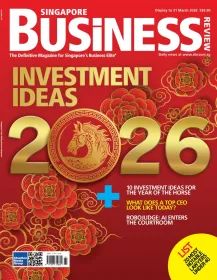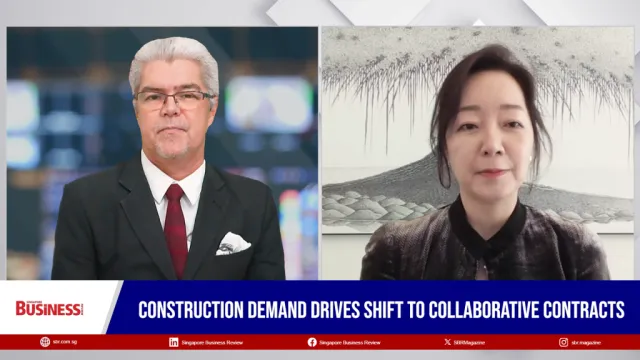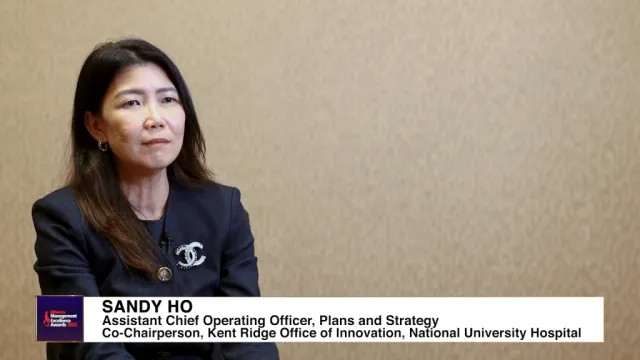Join the community
Thought Leadership Centre
Most Read
1. Singapore to slash CDC vouchers as Budget 2026 pivots to defence 2. Budget 2026 to surge tech funding as ageing workforce squeezes growth: analysts 3. OCBC and UOB to reverse year-long NIM slide in Q4 4. E-ang bao use jumps nearly 50% in 2025 as seniors ditch red packets: OCBC 5. UOB set for growth as DBS, OCBC earnings hold steady: reportResource Center
Awards
Apr
14
Event News
Singapore Business Review Management Excellence Awards 2025 Winner: Moninder Jain of Logitech Singapore Pte Ltd
Moninder Jain of Logitech Singapore highlights how human and AI collaboration strengthened the company’s market position.


 Advertise
Advertise
















Commentary
How can SMEs survive natural disasters?
How can SMEs survive natural disasters?
Where will mobile go in 2012?
The secret to innovation that works
The recipe for a winning website
Was Andy Warhol right about his fifteen minutes?
Recession: The best time to rebuild your company
Ways to avoid buyers’ remorse
Singapore’s top talent issues for 2012
Get ready for the productivity challenge in 2012
5 things you need to know to be recession-proof
Do Singaporeans prefer machines over people?
Why I don't want to be SMRT's CEO right now
5 critical things SMRT failed to do for crisis management
How digital increases your business
What will happen when an earthquake hits Singapore?
Start creative, stay creative
What's a better communication tool than email?